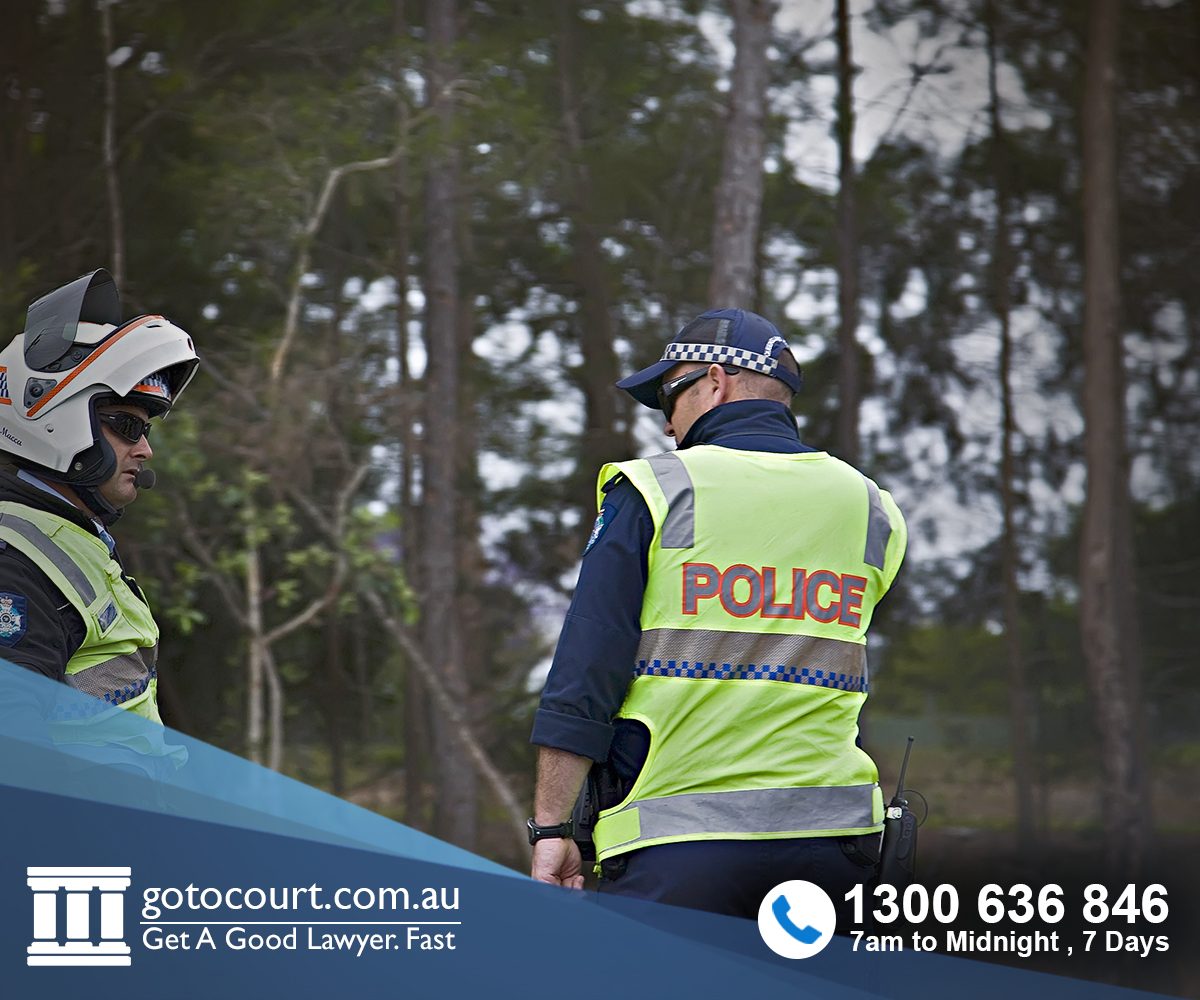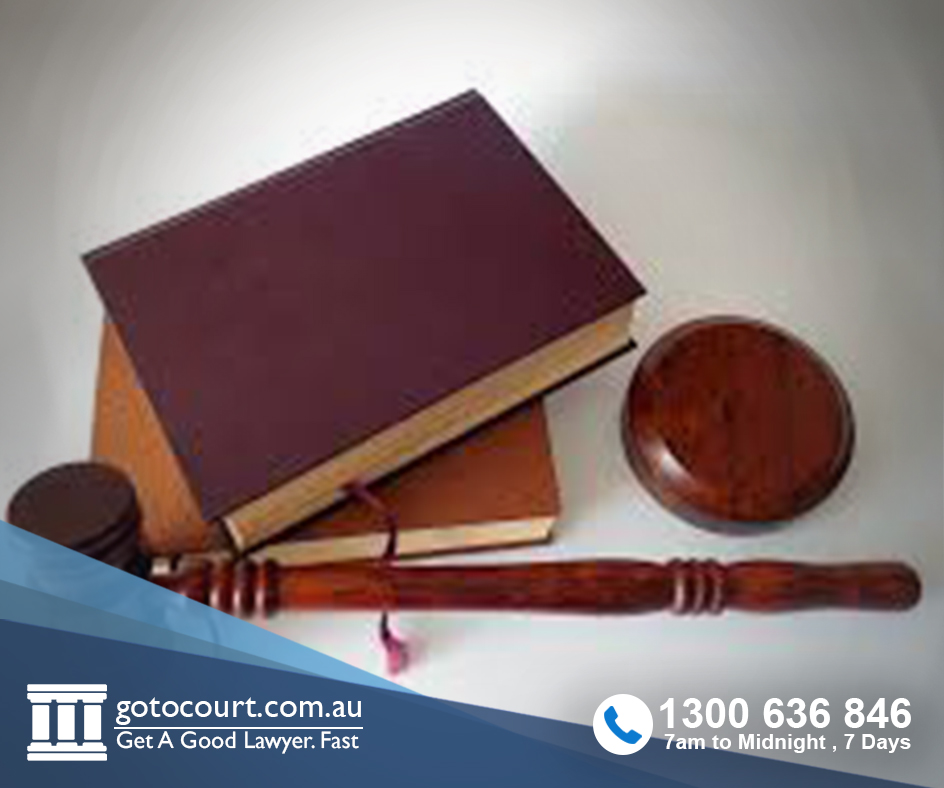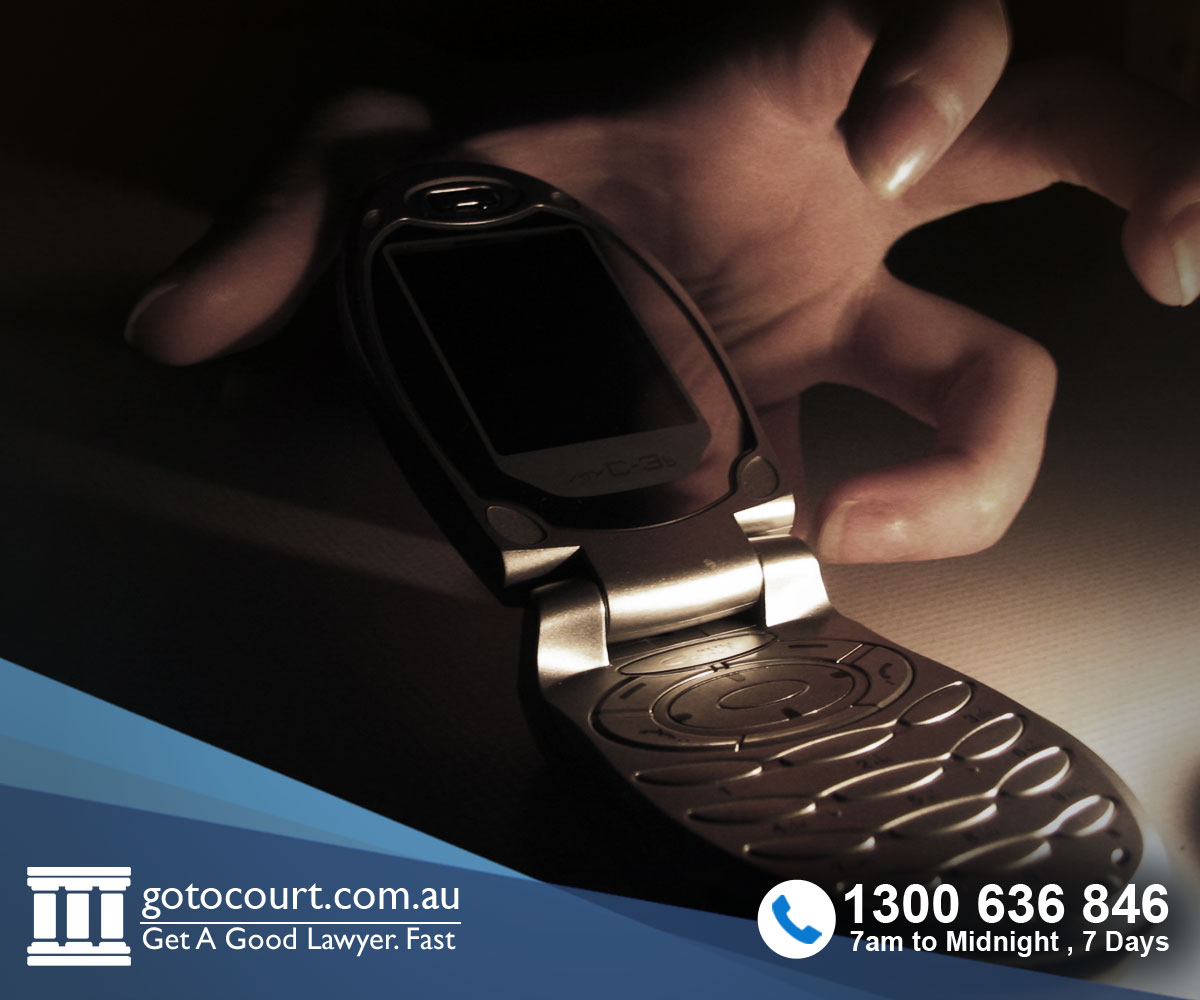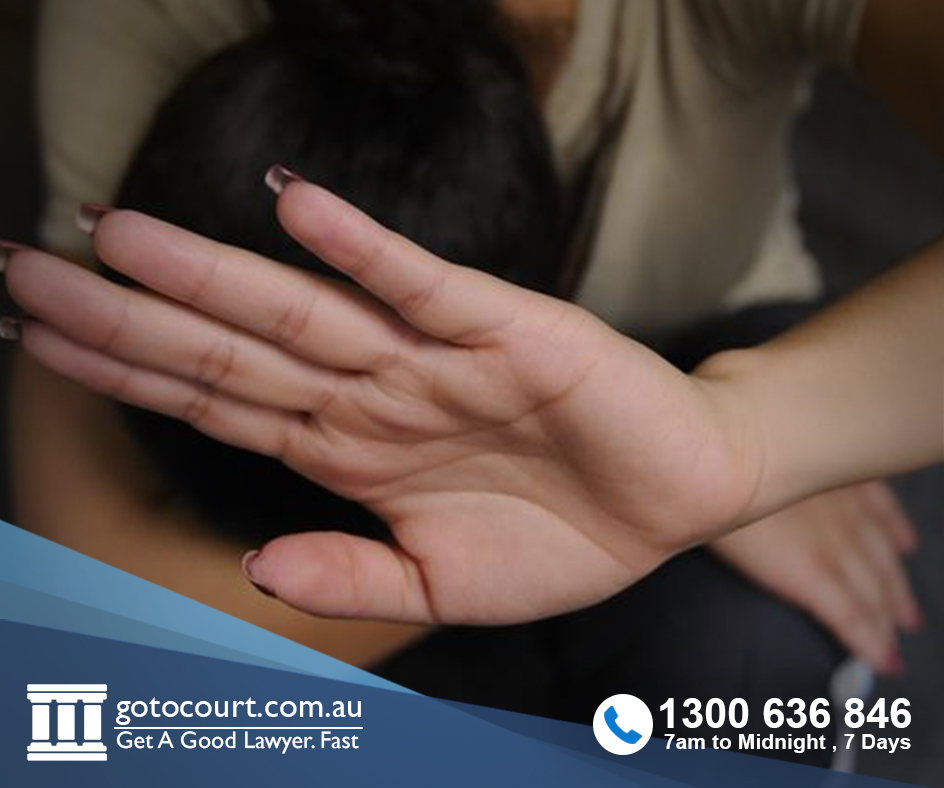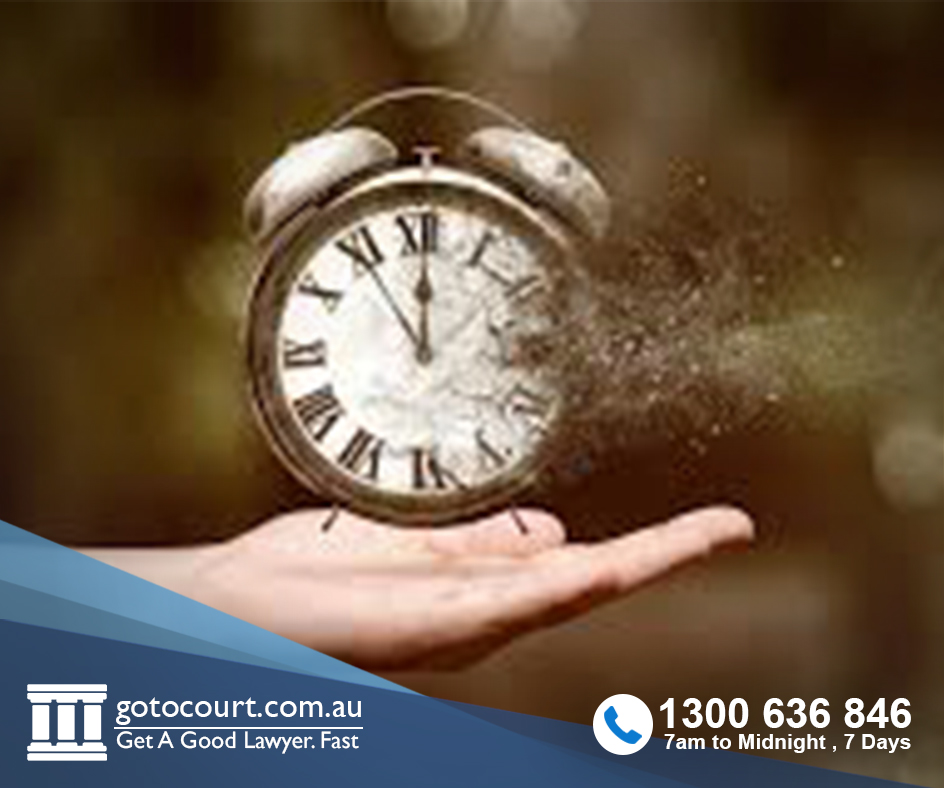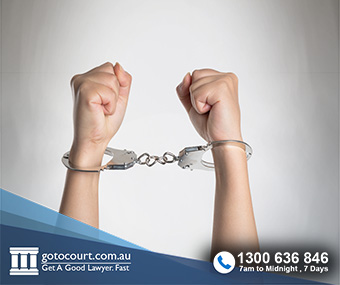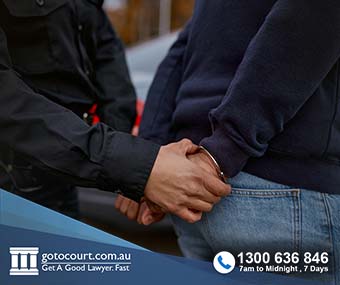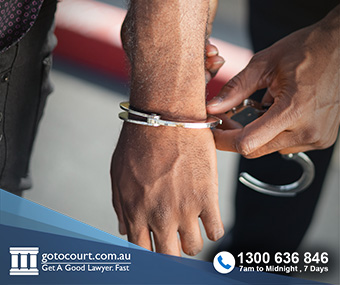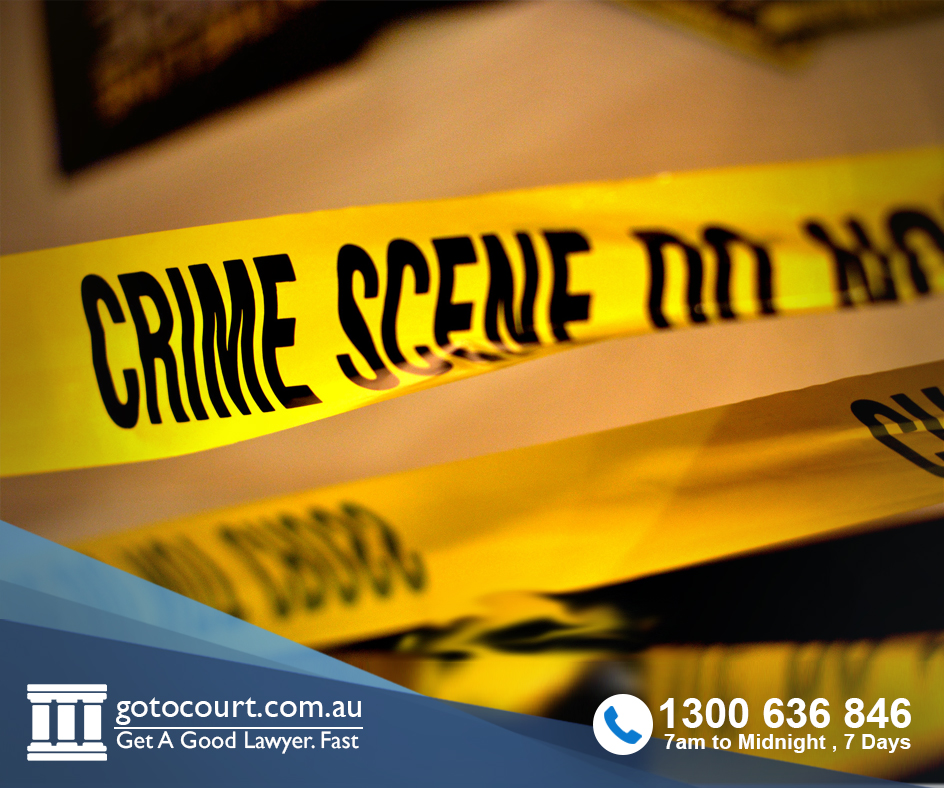Call our lawyers
now
or,
have our lawyers
call you
Assault in New South Wales
Updated on Nov 22, 2022 • 5 min read • 1697 views • Copy Link
Assault in New South Wales
In New South Wales the various assault offences are set out in the Crimes Act 1900. For a person to be found guilty of an assault the prosecution needs to prove two things: firstly, that they used or threatened to use unlawful physical force against another person, and secondly, that the physical force was either intentional or reckless. This article outlines the various assault offences in New South Wales.
Common assault
Common assaults are charged under s 61 of the Crimes Act 1900 and are usually dealt with by a Local Court; however, the prosecution can elect to have a common assault matter dealt with in the District Court.
An assault is a common assault when it results in no injury, or in injuries that are not serious and require very little medical treatment. Common assault can also consist of a threat of violence, if the person making the threat had the ability to carry it out. A general threat that something might happen in the future is not enough to be an assault. If, however, the threat creates an immediate fear that continues, then it may constitute an assault. In New South Wales, common assault carries a maximum sentence of two years imprisonment.
Actual bodily harm
Assault occasioning actual bodily harm is dealt with in section 59 of the Crimes Act 1900. What constitutes “actual bodily harm” has been decided by the courts in case law. It includes any hurt or injury that interferes with the health or comfort of the person assaulted. It can also include a recognisable psychiatric illness, such as a severe depressive illness or anxiety disorder that is caused by the assault. As with common assault, the prosecution can elect to have it dealt with in the District Court. It carries a maximum penalty of seven years in prison.
Grievous bodily harm
In New South Wales, offences relating to grievous bodily harm and wounding and the penalties that they carry are set out in the Crimes Act 1900 between sections 33 and 54.
Grievous bodily harm is defined as permanent or serious disfiguring of the person, the termination of a woman’s pregnancy (whether or not she suffers any other injury) or causing a person to contract a grievous bodily disease.
Wounding
Wounding is dealt with in section 33 and 35 of the Crimes Act 1900. Wounding means that more than just the top layer of skin is broken by the act. A person who intentionally wounds another person is liable to imprisonment for up to 25 years, while a person who does no reckless is liable to ten years imprisonment (or 14 if they commit the offence in company with another person).
Penalties for wounding and grievous bodily harm
Wounding and Grievous Bodily Harm offences will almost always result in jail sentences on conviction. The maximum penalties range between 10 years and 25 years imprisonment. They are all strictly indictable offences and cannot be heard in a Local Court but must be committed to a District Court or Supreme Court. Most also carry standard non-parole periods, which are the minimum times that are to be spent in custody without parole.
Defences
There are a number of legal defences that can be advanced in response to an assault charge.
Lawful excuse
The lawful excuse defence is available in circumstances where a person comes into physical contact with another (sometimes causing pain), and there is agreement to the physical contact, such as a doctor or dentist treating a patient or in the playing of a sport. However, in sport, if the player were to make contact outside of the rules of the sport – such as an illegal tackle- and that results in the other player being injured, then this may constitute an assault.
Consent
Actions that may constitute an assault at law will not constitute an assault if there is consent to them by the victim. However, the consent defence does not apply in unlawful situations or situations where the assault results in serious harm.
Lawful correction
In New South Wales, parents have always been entitled to use reasonable and moderate force to physically discipline their children. Section 61AA of the Crimes Act 1900 sets out what is lawful when physically punishing a child. The level of force used must be reasonable having regard to the age, health and maturity of the child. Force must not be applied to the child’s head or neck and must only last for a short time.
Self-defence
Self-defence is outlined in section 418 of the Crimes Act 1900. It is a defence to the charge if the person believes that their actions were necessary to defend either themselves or another person, or to prevent or stop the unlawful deprivation of their liberty or that of another person, or to protect property from being taken, destroyed or damaged unlawfully, or to prevent or stop a criminal trespass.
For a person to secure an acquittal on the basis of self-defence, the action they took must have been a reasonable response in the circumstances as they understood them. If self-defence is raised as a defence to a charge of assault, then it is up to the prosecution to prove that the person was not acting in self-defence by proving that they did not genuinely believe that it was necessary to do what they did, or that what they did was not reasonable in response to the danger as they understood it.
Intoxication
The defence of Intoxication does not apply for most types of assault offences. It only applies for offences of specific intent, which are set out in section 428B of the Crimes Act 1900.
When assessing whether a person is guilty of one of these offences, the court can take into account how intoxicated they were when deciding whether the police have proved that they formed the intention to bring about a specific result.
If you require legal or representation in any legal matter, please contact Go To Court Lawyers.
Watch the video below to know more about the Assault Charges in Australia:

Affordable Lawyers
Our Go To Court Lawyers will assist you in all areas of law. We specialise in providing legal advice urgently – at the time when you need it most. If you need a lawyer right now, today, we can help you – no matter where you are in Australia.How It Works







1. You speak directly to a lawyer
When you call the Go To Court Legal Hotline, you will be connected directly to a lawyer, every time.


2. Get your legal situation assessed
We determine the best way forward in your legal matter, free of charge. If you want to go ahead and book a face-to-face appointment, we will connect you with a specialist in your local area.


3. We arrange everything as needed
If you want to go ahead and book a fact-to-face appointment, we will connect you with a specialist in your local area no matter where you are and even at very short notice.

